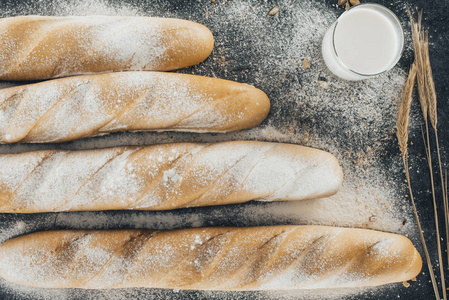Phospholipid Preferential price,Nutrition Enhancer
Time:2024-09-12The application of phospholipids in baked goods offers multiple nutritional benefits to consumers. Phosphatidylcholine (also known as lecithin), a key component of phospholipids, is particularly noteworthy. It is widely found in both plants and animals and serves as a major component of cell membranes, playing various physiological roles in the human body.
In baked goods, the addition of phospholipids brings several advantages:
Nutritional Supplementation:
Phosphatidylcholine, as one of the main active components of phospholipids, has positive effects on consumer health. It is involved in fat metabolism, helping to reduce cholesterol levels in the blood and prevent cardiovascular diseases. Additionally, phosphatidylcholine is a precursor to the neurotransmitter acetylcholine, which is essential for maintaining nervous system function. Thus, adding phospholipids to baked goods can provide consumers with this important nutrient.
Improved Texture and Mouthfeel:
Phospholipids possess excellent emulsifying and dispersing properties, which help fats and water bind better during the baking process. This results in baked goods that are softer and finer in texture. Phospholipids also form a thin layer on the surface of the food, preventing moisture from evaporating too quickly, thereby maintaining the product’s moisture and mouthfeel.
Extended Shelf Life:
Phospholipids have antioxidant properties that can slow down the oxidation of fats in food, thus extending the shelf life of baked goods. This is significant in preserving the freshness and quality of the products.
Enhanced Baking Efficiency:
The addition of phospholipids improves the physical properties of dough, making it easier to handle, ferment, and bake. This not only increases baking efficiency but also helps reduce energy consumption and costs.
The use of phospholipids in baked goods not only provides consumers with valuable nutrients like phosphatidylcholine but also enhances the texture, moisture, and shelf life of the food, while improving baking efficiency. Therefore, adding an appropriate amount of phospholipids to baked goods is a valuable nutritional fortification method. However, it is essential to control the dosage to avoid potential negative effects from excessive intake.


 CN
CN






